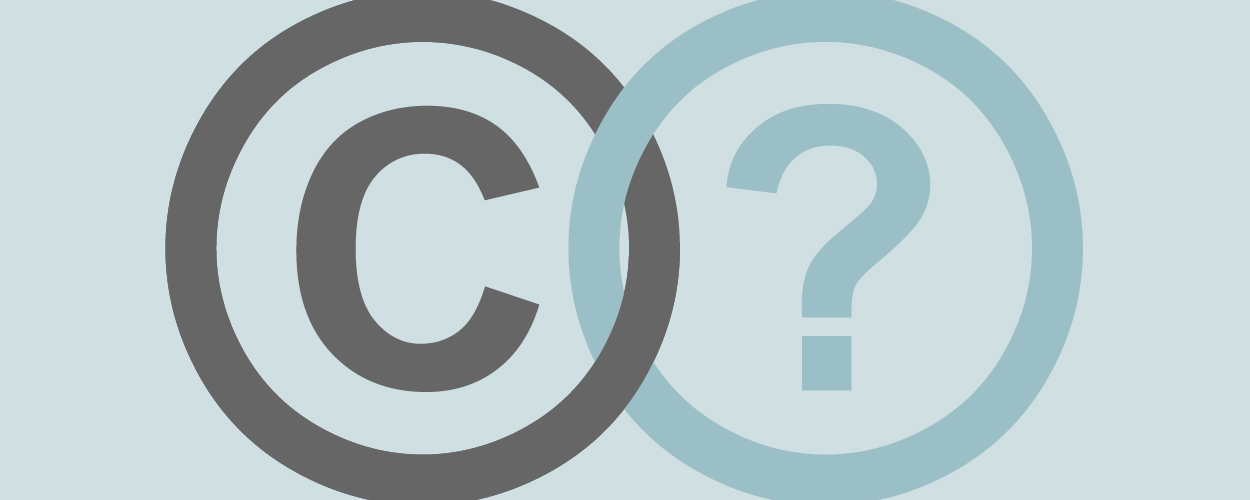This website uses cookies so that we can provide you with the best user experience possible. Cookie information is stored in your browser and performs functions such as recognising you when you return to our website and helping our team to understand which sections of the website you find most interesting and useful.
Business News Labels & Publishers Legal
We Shall Overcome copyright case to proceed
By Chris Cooke | Published on Tuesday 22 November 2016

The sequel to the ‘Happy Birthday’ copyright case – ‘Happy Birthday II: Back To The Public Domain’ if you like – will proceed, after an initial attempt to have the whole thing dismissed failed.
This case centres on the copyright status of the famous protest song ‘We Shall Overcome’. The same lawyers who led the legal proceedings that resulted in ‘Happy Birthday’ being declared a public domain work – ie no longer protected by copyright – in the US last year are now seeking a similar declaration for ‘We Shall Overcome’.
As previously reported, in 1960 Ludlow Music, one of the defendants in the case, registered a version of ‘We Shall Overcome’ with the US Copyright Office. The exact origins of the song are unknown, though it has been traced back to the nineteenth century, and folk singer Pete Seeger published a version in a periodical he produced in the 1940s.
Among the questions being asked in the lawsuit is what exactly Ludlow registered in 1960, given much of the song existed long before then, and whether the publisher’s registration correctly identified the people responsible for the nominal lyric changes that distinguish the registered version from some earlier versions.
In its defence to the lawsuit, Ludlow Music and fellow defendant the Richmond Organisation argued that the version of ‘We Shall Overcome’ registered in 1960 was sufficiently distinct to warrant copyright protection. Arguing that their copyright registration was valid, the defendants sought to have the case against them dismissed.
However, according to The Hollywood Reporter, the judge overseeing the case, Denise Cote, has now ruled that the plaintiff’s arguments are strong enough for the lawsuit to proceed. For starters, the version of the song registered in 1960 only differs from a version published in 1948 by three words, and there is at least some substance to the plaintiff’s arguments that those changes were not even made by the people credited in Ludlow’s copyright registration.
Says the judge: “The copyrighted work differs from the 1948 version by only three words: (1) ‘we’ll’ for ‘I’ll’; (2) ‘shall’ for ‘will’; and (3) ‘deep’ for ‘down’. The plaintiffs have also plausibly alleged that the individuals listed on the 1960 copyright registration are not the authors of the changes that were made to the three words in the song’s first verse”.
She goes on: “If they are not the authors, the defendants cannot claim copyright protection. The plaintiffs allege that the author of the underlying work is unknown, that it is unclear who changed ‘will’ to ‘shall’, and that a black tobacco worker named Lucille Simmons changed ‘I’ to ‘We’. Simmons is not listed as an author in the application to register the copyright for the song”.
The judge added that further investigation was required to ascertain whether information was “deliberately omitted” from the 1960 copyright registration, and whether there was actually good grounds for listing the authors who were named in that filing.
All in all, it was a good judgement for those seeking to overcome the ‘We Shall Overcome’ copyright, though Cote did also shave some of the plaintiffs’ state-law-based legal claims off the lawsuit which could reduce potential damages should they prevail.





